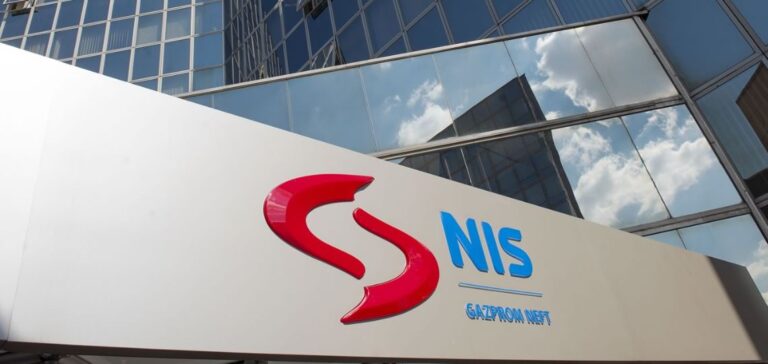Serbian President Aleksandar Vucic announced that the United States has postponed the enforcement of sanctions against the Serbian Oil Industry (NIS), the country’s largest oil and gas company, which is mainly controlled by the Russian energy giant Gazprom. This decision follows NIS’s inclusion on a list of companies targeted by extensive U.S. sanctions aimed at the Russian energy sector, first revealed in January.
Impact on Serbian Energy Supply
NIS is the primary gas supplier in Serbia and holds the majority of the gas pipeline network, distributing gas to both households and industry across the country. The imposition of sanctions would have significant consequences for Serbia’s energy supply, which heavily relies on Russian gas. President Vucic had previously expressed concerns about the severe impact these sanctions could have on Serbia’s economy and population.
Serbia-Russia Relations and Geopolitical Position
Despite the Russian invasion of Ukraine in February 2022, Serbia has maintained strong ties with Moscow and refused to align itself with European Union sanctions against Russia, even as it negotiates its accession to the EU. This delicate position places Belgrade in a complex international scenario, balancing its European aspirations with its historical links to Russia.
Ongoing Negotiations and NIS’s Ownership Structure
Serbia is currently negotiating a new gas deal with Moscow, with the current agreement set to expire in March 2025. NIS’s ownership structure is largely Russian, with Gazprom Neft holding about 45% of shares, Gazprom 11%, and the Serbian government around 30%. The remaining shares are held by minority shareholders. This shareholder composition further complicates the energy and economic relations between Serbia and Russia.
International Pressure and Future Outlook
The United States has demanded the full removal of Russian interests from NIS, putting pressure on Serbia to reconsider its energy partnerships. The delay in sanctions gives Belgrade an additional 30 days to explore solutions, which may involve restructuring NIS’s ownership or diversifying its energy supply sources. This situation highlights the challenges faced by countries dependent on Russian energy resources in the current geopolitical climate.






















